Living and working as a horse logger in Scotland
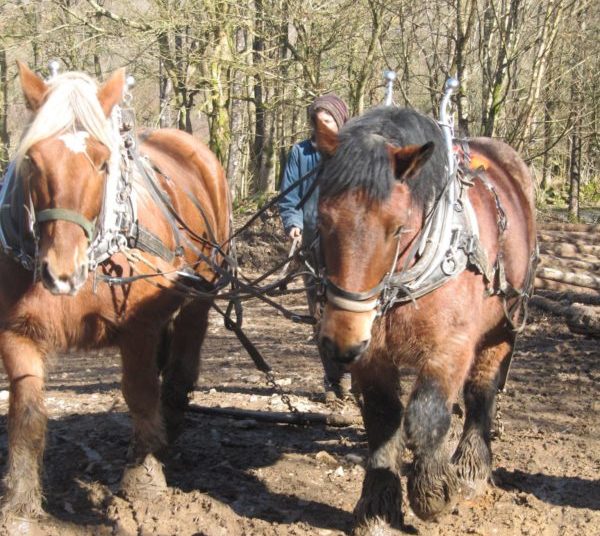
Steffi Schaffler lives and works in Scotland, running a horse logging business along with her partner Dave and 3 horses. Horse loggers and forestry workers in the broadest sense, they do anything to do with horses or trees that people might need them to do. Most of their work involves felling and extracting timber, along with advising people on the management of their woodland.
They also do field work with the horses and, this summer, Steffi has spent a great deal time rolling bracken (this is a method of bracken control more effective than cutting). They also supplement their income by selling firewood from the woodlot they manage and growing vegetables on their smallholding.
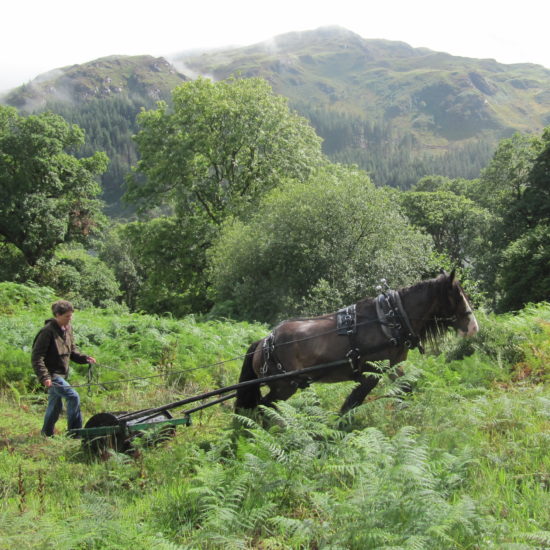
How it started
In her previous life Steffi worked as an organic farmer. She had always fancied working with horses, but hadn’t had much contact with them except for a bit of riding as a child. She was managing a large farm at the time and didn’t know where to start. When Steffi heard a friend was going on a horse logging course, she decided to go along, thinking it would be “something to cross off the bucket list“.
She loved it. Steffi says the logging side made so much more sense to her than the idea of farm work with horses because, “you can do things you just can’t do with any machine”. Two years later Steffi quit her job and started a 3 year apprenticeship with the British Horse Loggers Charitable Trust.
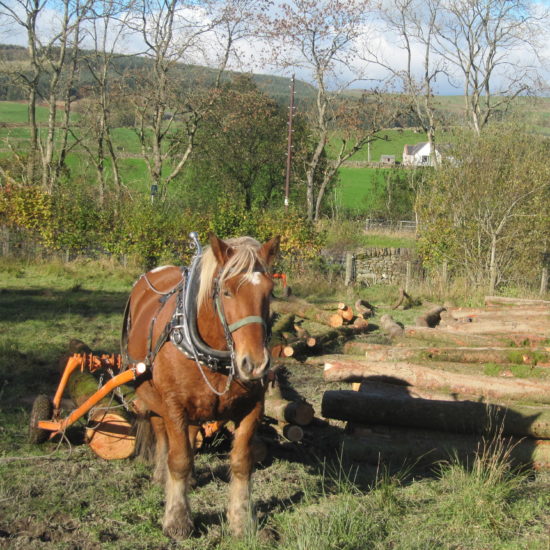
Building a business
Steffi says horse logging is more of a lifestyle than a career; you can make a living from it, but you really need to want to do it. There are easier ways to make money and she and her family live a very low-cost lifestyle.
The work is physically hard and can involve a lot of travelling to get to jobs. You need to be prepared to work in all weathers in the winter, and put up with the midges in the summer. In the beginning especially, the income can be unreliable and you have to be flexible.
It has taken Steffi and Dave 6 years to build up their business. There are very few people working full-time as horse loggers in Scotland, Steffi estimates 1 or 2, so there is demand for their services. Building up a reputation takes time, however. When they worked for people and did a good job, they were asked back and word spread, gradually they began to make a steady income. Steffi says almost all their work comes about via word of mouth: “it’s not the sort of thing people look up in the phone book.”
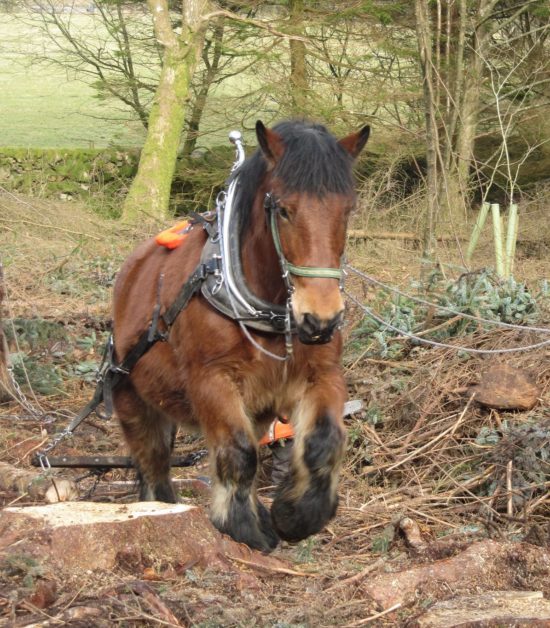
The future
Now that Steffi and Dave have built up their reputation there is huge demand for their services, with more work available than they can manage. Steffi plans to take on apprentices and get another horse so they can take on more jobs. They are also taking on more land, some woodland, but also pasture. Ideally Steffi would like to become more self-sufficient; the land will provide more grazing and space to grow hay for the horses. Another possibility is taking on horses to train up.
Steffi would like to do more work on their own land. Working with their horses in their own woodland, managing the wood in their own way, is something that she really loves, and is very different to working on someone else’s land. Now that Steffi’s daughter is at school she is able to work full-time,working the horses daily in more of a routine: building up their skills and hers.
I asked Steffi whether she plans to make an income from training people but, although she thinks there’s a market out there, it’s not something she sees as part of her business. Steffi especially doesn’t feel that short courses are the way to go:
“People can go on a week course and feel like they have learned it all, then take their horse into the woods and have a really bad accident.“
Steffi takes on volunteers and apprentices; these provide a work force and really benefit the business in that way. She wants to see more people doing forestry work with horses and is keen to support people to get started, sharing her skills and enabling more people to build a life this way.
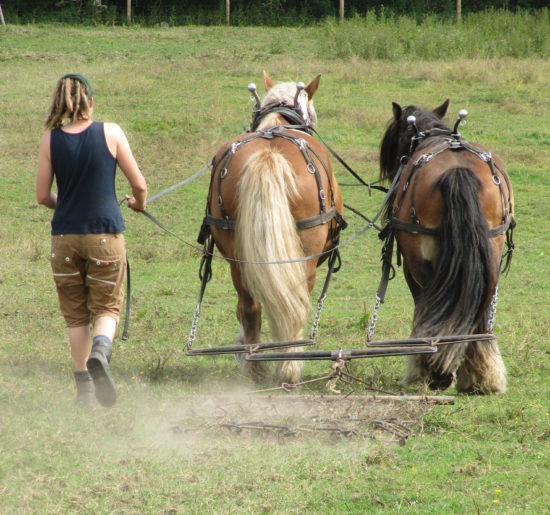
Why is horse logging important?
Steffi likens forestry to industrial food production; people no longer understand where their food comes from, that they could grow salad in their own garden. She says that they sell fire wood to people who can’t tell one stick from the next and have no concept that they could go out into their own garden and collect kindling.
“People don’t realise how much they can do for themselves, they think that forestry needs these big machines and big companies… We’ve gone down this route of industrial scale forestry with big machines which cost half a million, going up and down the mountain and wrecking it.“
While Steffi thinks people do seem to understand we can’t keep doing this forever, she says horse logging is still not widely known about as a solution; it is seen as a thing of the past.
“People need to realise that forestry can be this very simple thing, just a horse and a person with some physical strength and some willpower. People need to realise they can manage their own woodland; it is not something they can’t even touch because they need these monster machines to do it!”
Steffi says that, even if horse logging isn’t the future, it gives people the opportunity to reconnect: “to touch something and know it is real, to know it can be a life and not just a factory process.” She also feels it is important to keep the skills alive, almost no one logging today actually grew up with it, it would be sad if the skills were lost forever.
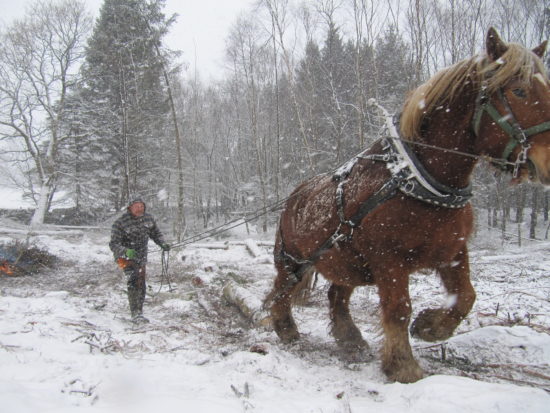
Starting out as a horse logger
Steffi’s advice to anyone who wants to build a life as a horse logger is to find people to learn from, start small and be patient. She says many people start out with grand plans and go out and spend a fortune on equipment. They last about a month before it hits them that they have no job, their horse isn’t trained enough and they have no way of making the income they need to get a return on all that expensive equipment.
Steffi is clear that you really need to want to do it, you need to start small and accept you won’t make an income straight away; it needs to be part of your life before it becomes a full-time occupation. You need to be prepared to spend a long time building up your experience.
You can gain the basic skills rapidly, but working your own horse at home is a very different thing to taking it out to someone else’s land, telling them how to manage their woodland and planning how you are going to get the wood out for them. It can be dangerous and things can go wrong very quickly. There are lots of people out there keen to support new people to learn skills and gain experience, and that’s what you need.
When I ask Steffi what she loves best about the work, she says she has always loved working with animals and the partnership with the horse is the most rewarding thing about it. She says forestry can be quite a disheartening business to be in this country and she loves that they always leave the forest a better place.
“It’s a lot of fun and the nicest way of making a living off the land. If the relationship between you and the horse works and you are kind to the forest, it is an amazing place to be.”
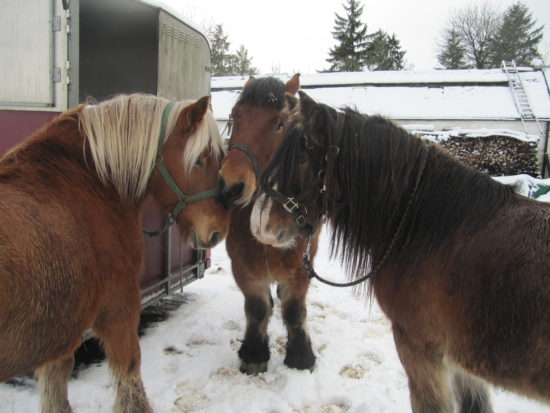
You can read more and find links to further resources in our introduction to working horses.
 Lesley Anderson holds the diploma in Applied Permaculture Design and is on the Permaculture Scotland working group. She studied animal behaviour at university and has an interest in how animals can be ethically integrated into our sustainable systems. For several years she worked with horses and volunteered on organic farms through WWOOF. Now Lesley lives in Fife with her husband, son and ducks.
Lesley Anderson holds the diploma in Applied Permaculture Design and is on the Permaculture Scotland working group. She studied animal behaviour at university and has an interest in how animals can be ethically integrated into our sustainable systems. For several years she worked with horses and volunteered on organic farms through WWOOF. Now Lesley lives in Fife with her husband, son and ducks.
The views expressed in our blog are those of the author and not necessarily lowimpact.org's
4 Comments
-
1Mike November 6th, 2018
Excellent news?
-
2Graham March February 9th, 2020
I would like to see how many logs they get out in a say pulling them a half mile !! With their horses
-
3Dave Darby February 9th, 2020
Graham – not sure what your point is. Yes, forests can be clear-felled quickly with huge pieces of mechanical kit powered by fossil fuels. Also a lot more houses can be put up more quickly using cement and steel by large developers than small builders using natural materials. I could go on but you get my point. The ‘bigger and faster’ approach is destroying nature, and may end up destroying us. If they can make a living from it, good for them. It’s certainly a more sustainable way to do things.
-
4Meiling Liang January 12th, 2022
Absolutely it’s an action brave and uplifting. When I travelled through vast land of pine forests in west highland in wintertime, I suddenly feel amazed at how grand and inclusive the nature. It’s shan’t be trespassed by high-tech exploitation. And your deeds and voices should be spread wide. Great job Steffi & Dave!
I’m interested in more details of your meaning work and your life philosophy too. If you don’t mind sharing more with me, please let me know. I’m looking for some unique and interesting stories for documentary production.




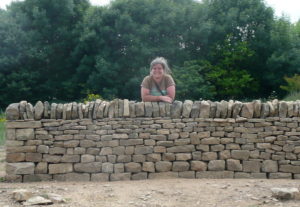 Career change? Interview with Amanda James about becoming a dry stone waller
Career change? Interview with Amanda James about becoming a dry stone waller
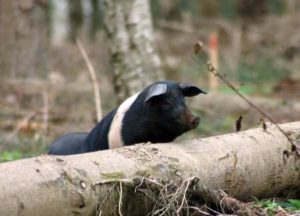 Using pigs for woodland conservation
Using pigs for woodland conservation
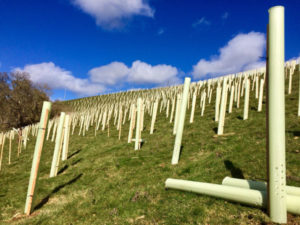 Diary of a tree planter
Diary of a tree planter
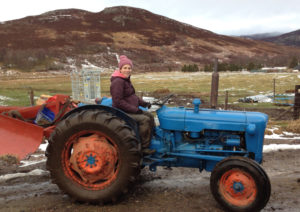 Life on Birchwood Croft: tales of smallholding in the Scottish Highlands
Life on Birchwood Croft: tales of smallholding in the Scottish Highlands
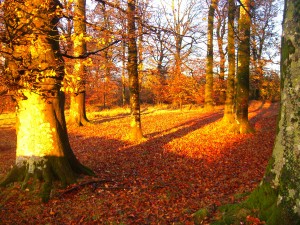 Tree / woodland management
Tree / woodland management
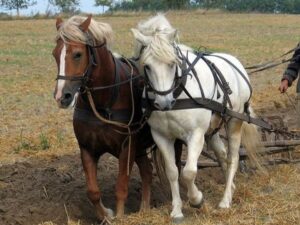 Working horses
Working horses


